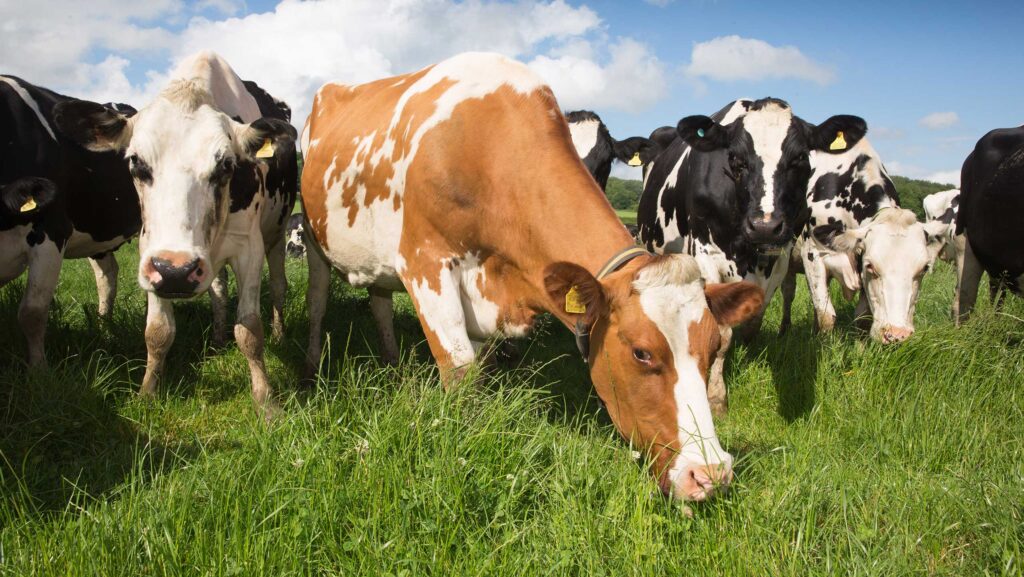NatWest changes ‘misleading’ GHG emissions advice
 © Tim Scrivener
© Tim Scrivener NatWest’s digital banking team is implementing a number of changes to its greenhouse gas tracker app, after complaints that it was encouraging customers to adopt a vegan lifestyle.
The “Carbon footprint tracker” app is designed to trawl account holders’ spending patterns and advise them on ways of reducing their greenhouse gas emissions.
See also: NatWest to correct misleading claims about livestock emissions
As well as suggestions such as “buy more second-hand clothes” and “take fewer flights”, customers have been advised to cut red meat from their diets and drink plant-based milks.
The app has hundreds of thousands of active users, who can “opt in” to receive a monthly carbon score, as well as tips on how to reduce it.
‘Oversimplified’
The initiative was sharply criticised last year by the NFU, which told NatWest executives their messaging was “oversimplified”.
And now, after months of further dialogue, the banking group has agreed to some refinement of the app.
Advice to customers to “swap out beef” and “swap to plant-based milk” has been dropped, while a recommendation to “buy local, British and seasonal produce” to achieve a lower carbon footprint has been added.
However, the app continues to recommend “veggie Mondays”, “choosing vegetarian at home”, and “choosing (mostly) plant-based” as ways to reduce their greenhouse gas (GHG) emissions, which has left the NFU “disappointed”.
Informed choice
“People should be free to choose whatever diet they wish to follow, but it must be an informed choice,” said NFU Livestock Board chairman David Barton.
“Purely focusing on GHG emissions overlooks the benefits of British meat entirely and oversimplifies a nuanced topic.”
The NFU points out that British meat and dairy are among the most sustainable in the world, with UK beef emissions less than half the global average.
Red meat and dairy are also recognised as an essential part of a healthy diet, being naturally rich sources of protein and calcium and providing essential nutrients including iron, zinc and vitamin B12.
Conversations are ongoing, with the NFU seeking further changes to NatWest’s messaging.
